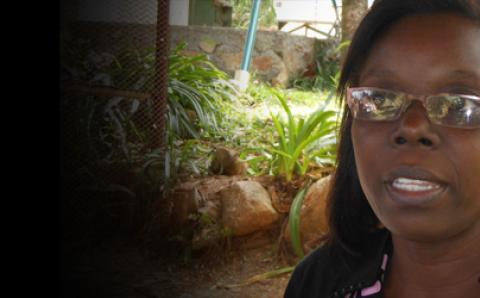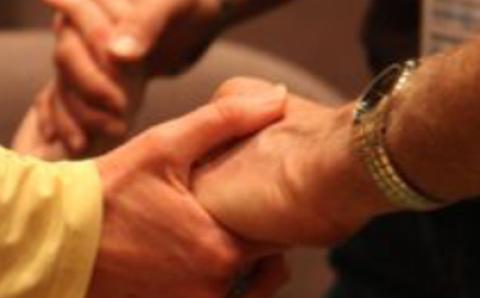Once Steve Green sets his path, there’s no turning back.
Not when he saw no point in college, going directly into his family’s Hobby Lobby craft store business. Green, now 50, rose up from assembling picture frames for “bubble gum money” at age 7 through every job, including cleaning toilets, to president of the $3.3 billion national chain, one of the nation’s largest private companies.
And certainly not now when, he says, the U.S. government is challenging his unshakeable Christian faith and his religious liberty.
Next week (March 25) Green’s path leads straight up the steps of the U.S. Supreme Court to witness oral arguments in the case Sebelius v. Hobby Lobby Stores and Conestoga Wood Specialties Corp. v. Sebelius.
That’s Kathleen Sebelius, secretary of the Department of Health and Human Services. The department included all Food and Drug Administration-approved forms of contraception among services required for insurance coverage under the Affordable Care Act.
Hobby Lobby has provided insurance with contraception coverage for years, paying for 16 of the FDA-approved forms, from barrier methods to pills that prevent fertilization. Not covered: intrauterine devices and morning-after pills such as Plan B. Those, the FDA acknowledges, could prevent a fertilized egg from implanting in the womb.
Blocking implantation would “terminate life” says Green. “We won’t pay for any abortive products. We believe life begins at conception.”
While scores of faith-based organizations and private business owners have filed suit seeking exemption from the mandate, Hobby Lobby has become the standard-bearer for religious opposition. The potentially landmark case is a First Amendment battle testing whether a private corporation can have freedom of religion rights and, if so, whether the government has a “compelling interest” in overriding such rights.
The justices will wade through thickets of questions: Can a company pick and choose laws to obey, based on the personal beliefs of the owner? Is it the job of government to decide whether those beliefs are worthwhile and sincere, deeply and consistently held?
As he faces the white-hot spotlight of the Supreme Court case, Steve Green said, “God has allowed us to take this stand. I don’t want to be presumptuous to say this is God’s will.”
If the ruling goes against Hobby Lobby, “I don’t know what we will do, but I am sure what we will not do,” he said. He will say as the three men told the king, “even if God does not deliver us, we still cannot do this.” (Daniel 3:16-18).
Of more than 25,000 full-time and part-time Hobby Lobby employees, there are “13,000 lives” depending on their health plan, said Steve Green.
And the “greatest misconception” about the Green family and this case, he said emphatically, “is that we are trying to impose our religion on these workers or others. Not at all! That would violate our religion to do that.”
Yet through that religion, he said, they can face any court ruling with peace of mind.
“We are just going to do what God would call us to do, what he teaches us is right, and trust him to do what is out of our control.”
About the Author
Religion News Service is an independent, nonprofit and award-winning source of global news on religion, spirituality, culture and ethics.









